IMF chief warns of darker global outlook and higher recession risk
IMF Managing Director Kristalina Georgieva has sounded the alarm regarding the "darkening" global outlook, warning world leaders that the global economy was headed towards a recession if instability continued.
Georgieva on Thursday cited the problems caused by the COVID-19 pandemic, Russia's military operation in Ukraine and climate disasters on all continents, collectively attributing to global financial instability, warning that the current dire economic situation could will get worse.
She said that a “fundamental shift” away from relative stability has plunged the world into financial instability, increasing the risks of recession.
"We are experiencing a fundamental shift in the global economy, from a world of relative predictability ... to a world with more fragility, greater uncertainty, higher economic volatility, geopolitical confrontations, and more frequent and devastating natural disasters," she wrote in the text of a speech delivered at Georgetown University.
Georgieva said the old order, characterized by low interest rates and low inflation, was being replaced with an uncertain situation in which "any country can be thrown off course more easily and more often."
She said the world's largest economies, namely, China, the United States and Europe, were now slowing down their economic activities, which in turn was decreasing the exports from emerging and developing countries to these states.
With high energy prices weighing on growth, COVID disruptions in China, slowing momentum in the US economy and higher interest rates from big central banks, she said the risks were mounting for economic activity around the world.
The IMF would lower its 2023 growth forecast from 2.9 percent, its fourth downward revision this year, when it releases its World Economic Outlook next week, Georgieva said. The global lender would leave its current forecast for 3.2 percent growth in 2022 unchanged, she said, and gave no number for the new 2023 forecast.
Overall, the IMF expects global output to shrink by $4 trillion between now and 2026. That is roughly the size of the German economy and amounts to a "massive setback," she added. Georgieva pointed out as a result of the economic slowdown, the situation would get worse in countries which were already under pressure due to soaring food and energy prices.
Read more:
Europe's Economic Crisis and World Recession
UN agency warns of recession due to ‘monetary policy
OPEC+ agrees deep cuts to oil production despite pressure
The Bulgarian economist, who has been serving as managing director of the IMF since 2019, said the succession of several economic shocks unleashed the persistently high inflation that led to the high cost of living crisis in countries across the globe.
Georgieva stressed on "the urgency to stabilize the economy, given the darkening global outlook." However, she also warned that uncertainty remained high and more economic shocks were possible.
Georgieva said high debt levels and liquidity concerns could amplify the rapid and disorderly repricing of commodities.
She said to harness the soaring inflation central banks needed to act decisively and "stay the course", even if the economy slowed down.
If central banks move too aggressively to tamp down price pressures, it could trigger a "prolonged" economic downturn, Georgieva pointed out, adding that, "The risk of doing not enough is bigger than the risk of doing too much."
In this regard, earlier this week a UN agency warned against any monetary policy-induced global recession, saying this move would have serious consequences for developing countries.
“Excessive monetary tightening could usher in a period of stagnation and economic instability” for some countries, the United Nations Conference on Trade and Development (UNCTAD) said in a statement released alongside its annual report.
“Any belief that they (central banks) will be able to bring down prices by relying on higher interest rates without generating a recession is, the report suggests, an imprudent gamble,” it said.
The UN agency said to avoid serious consequences, especially for developing countries, a new strategy needed to be devised to tackle inflation.
In the meantime, members of OPEC+, which groups the Organization of the Petroleum Exporting Countries and other producers including Russia, decided to cut oil production to create stability in the market.
On Wednesday, OPEC+ members agreed with the biggest reduction in oil production since the 2020 COVID pandemic, curbing supply in an already tight market despite pressure from the United States and others to pump more.
The cut could spur a recovery in oil prices that have dropped to about $90 from $120 three months ago on fears of a global economic recession, rising US interest rates and a stronger dollar.
The US had pushed the organization not to proceed with the cuts, claiming that the fundamentals in the market did not support the cuts in oil production.
VIDEO | Press TV's news headlines
VIDEO | Istanbul demonstrators voice support for Iran amid US tensions
VIDEO | Israeli settlers attack Palestinian Bedouin community, injure 13
Palestinian Ambassador’s residence in Tehran attacked amid terror wave
Syria's HTS regime agrees to truce with SDF after its troops advance
EU mulls over $100bn in US retaliatory tariffs over Greenland
VIDEO | Trump's presence sparks major protests at Davos Forum
President Pezeshkian vows historical Iran-Iraq relations will remain stable


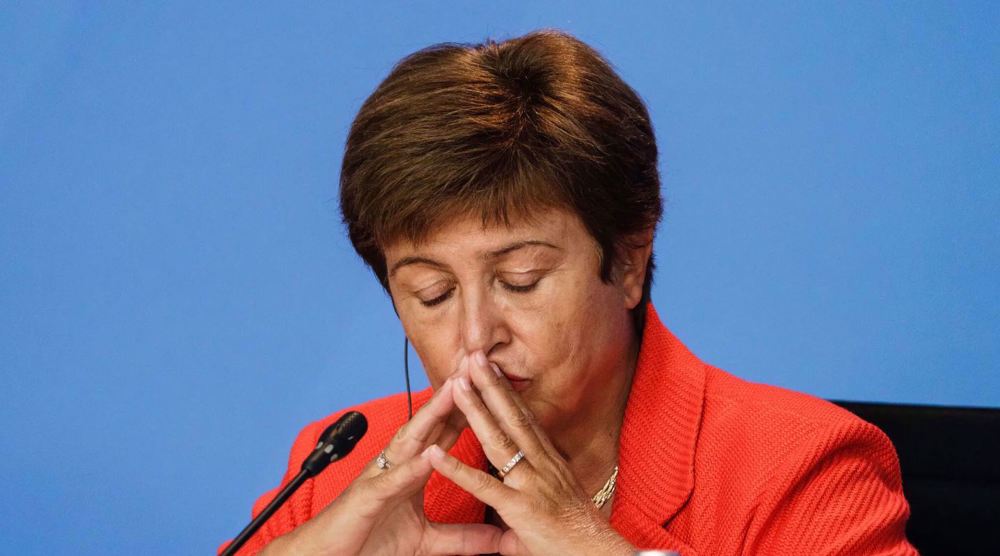
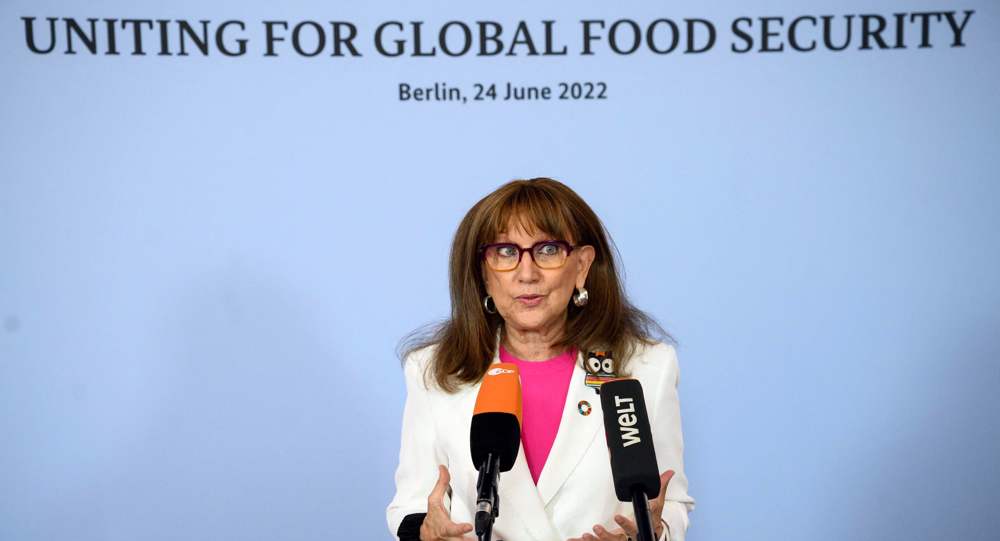
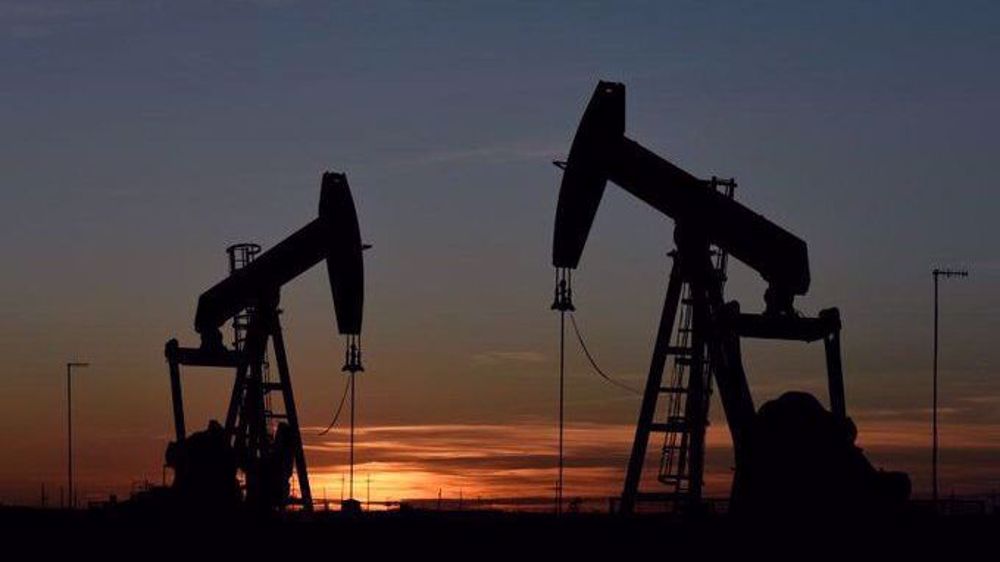
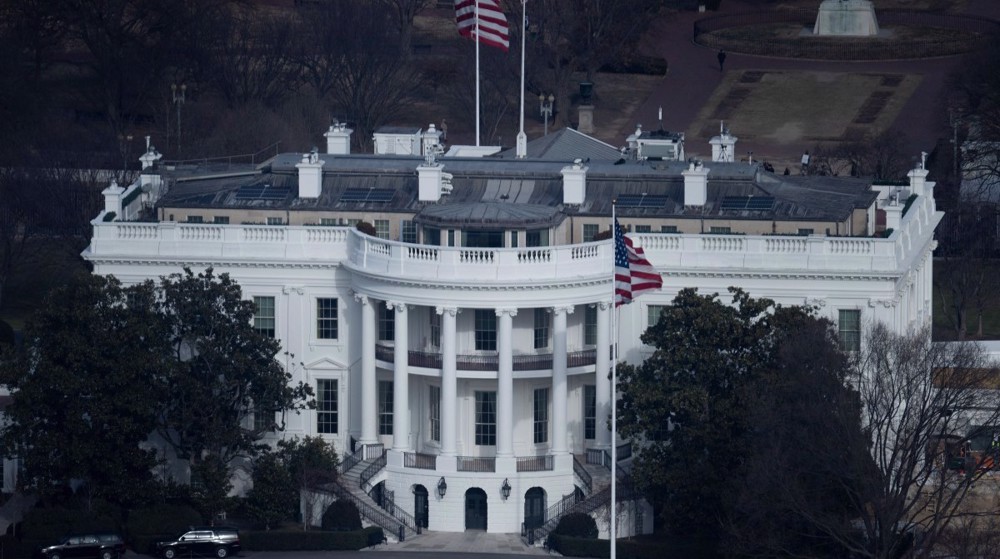

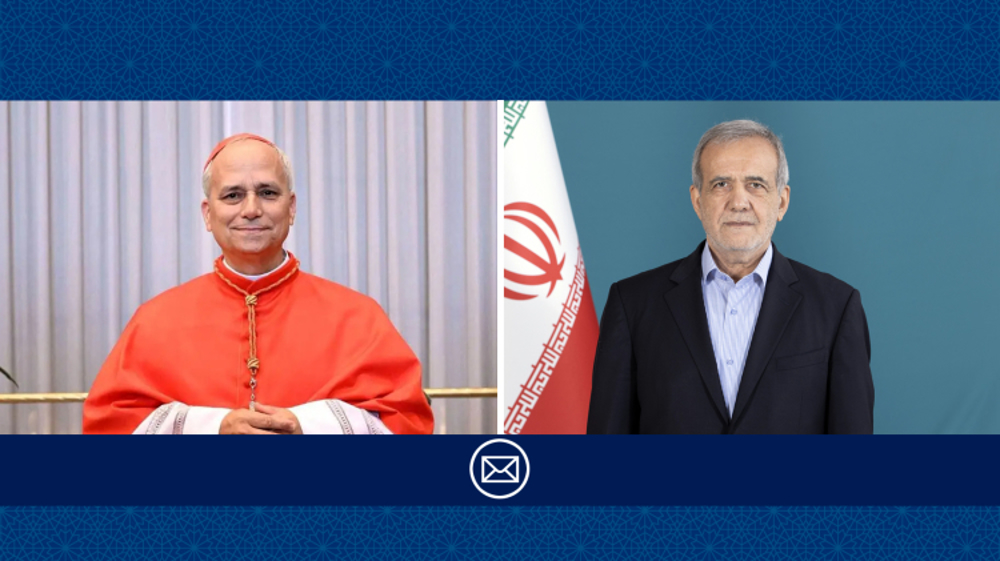



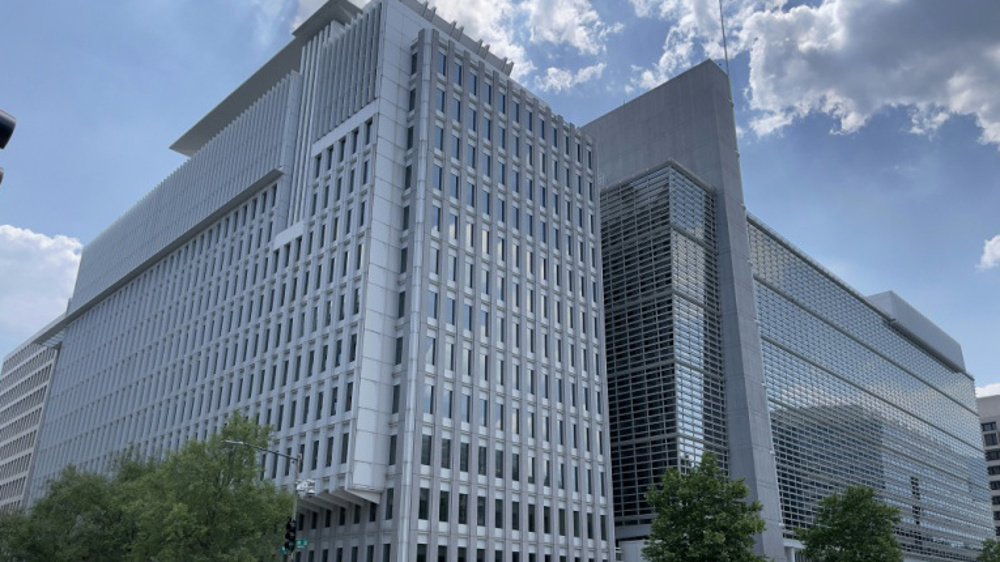
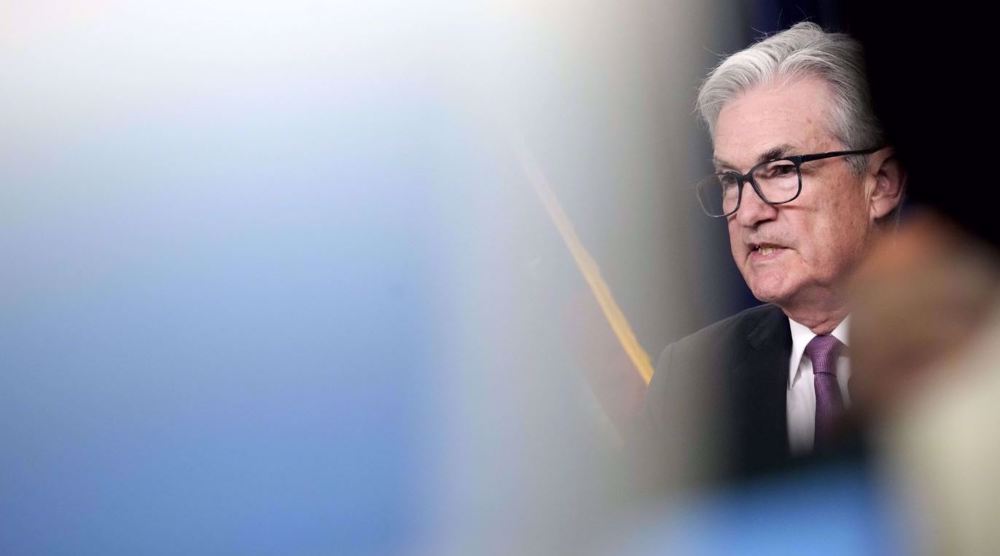
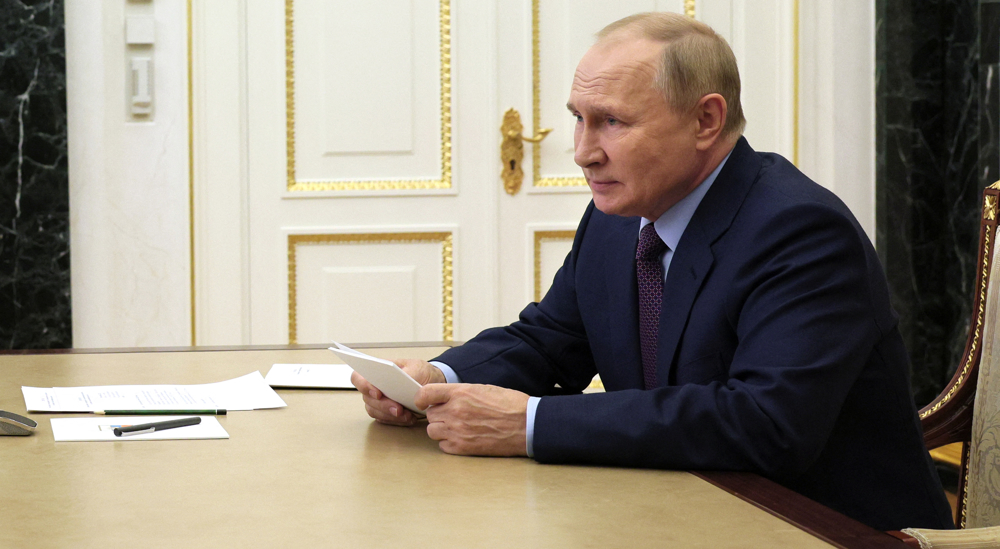
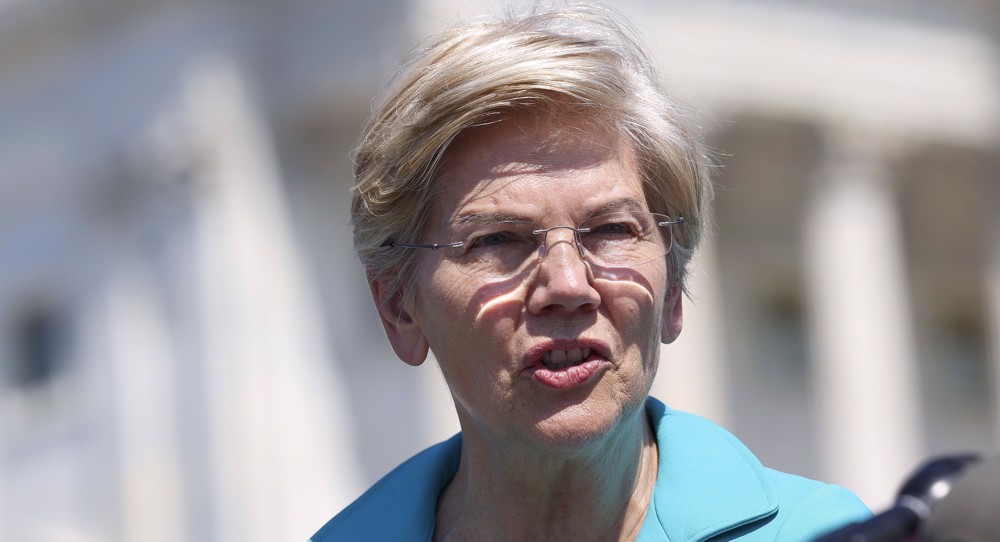


 This makes it easy to access the Press TV website
This makes it easy to access the Press TV website